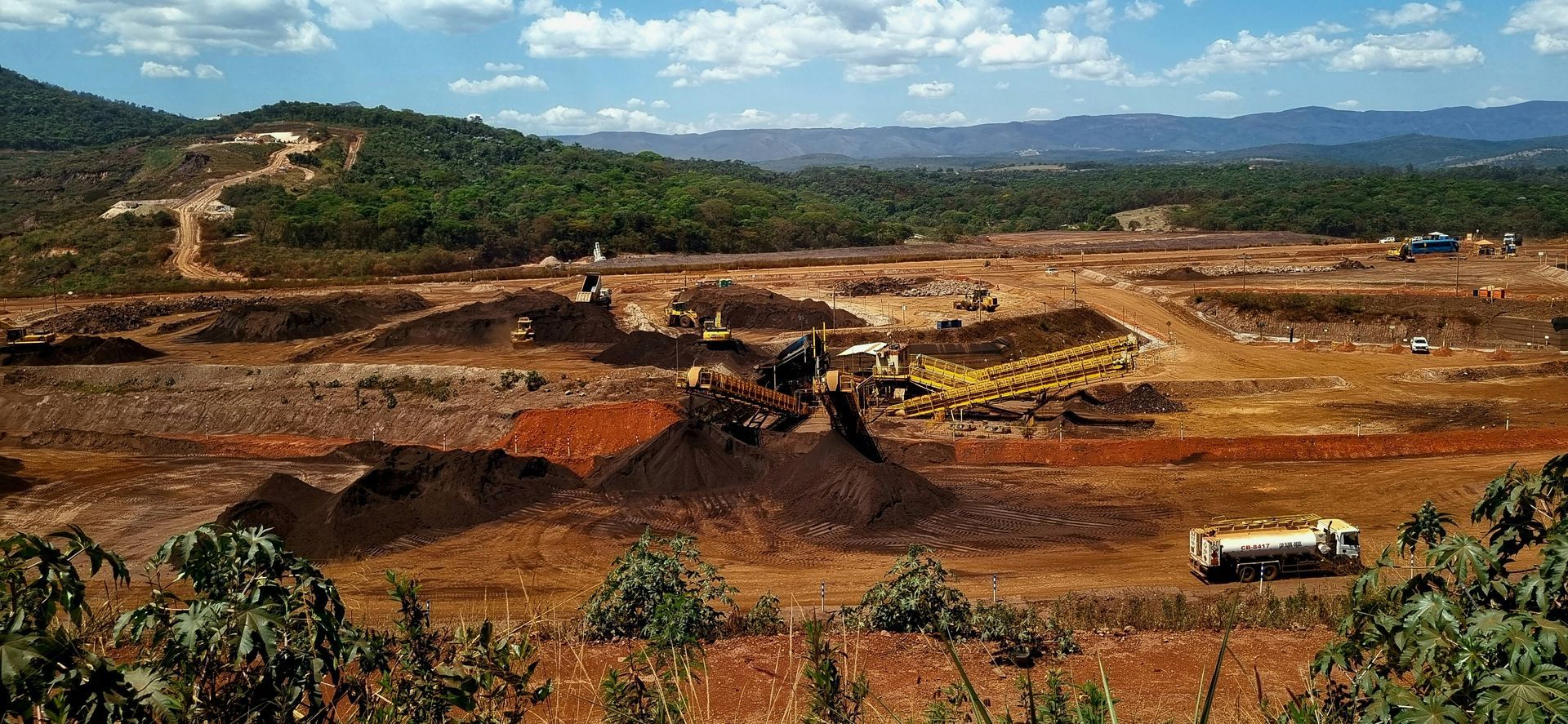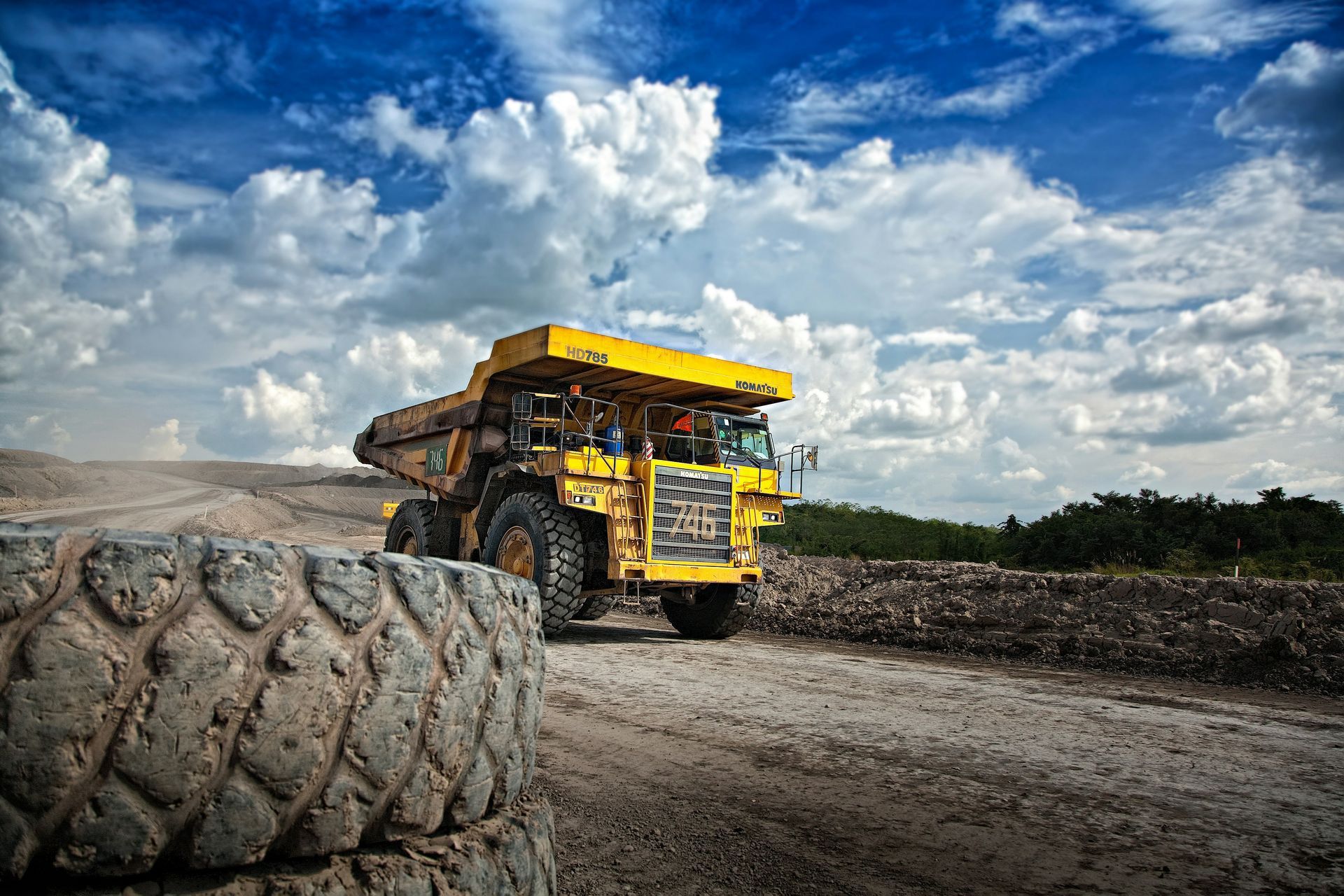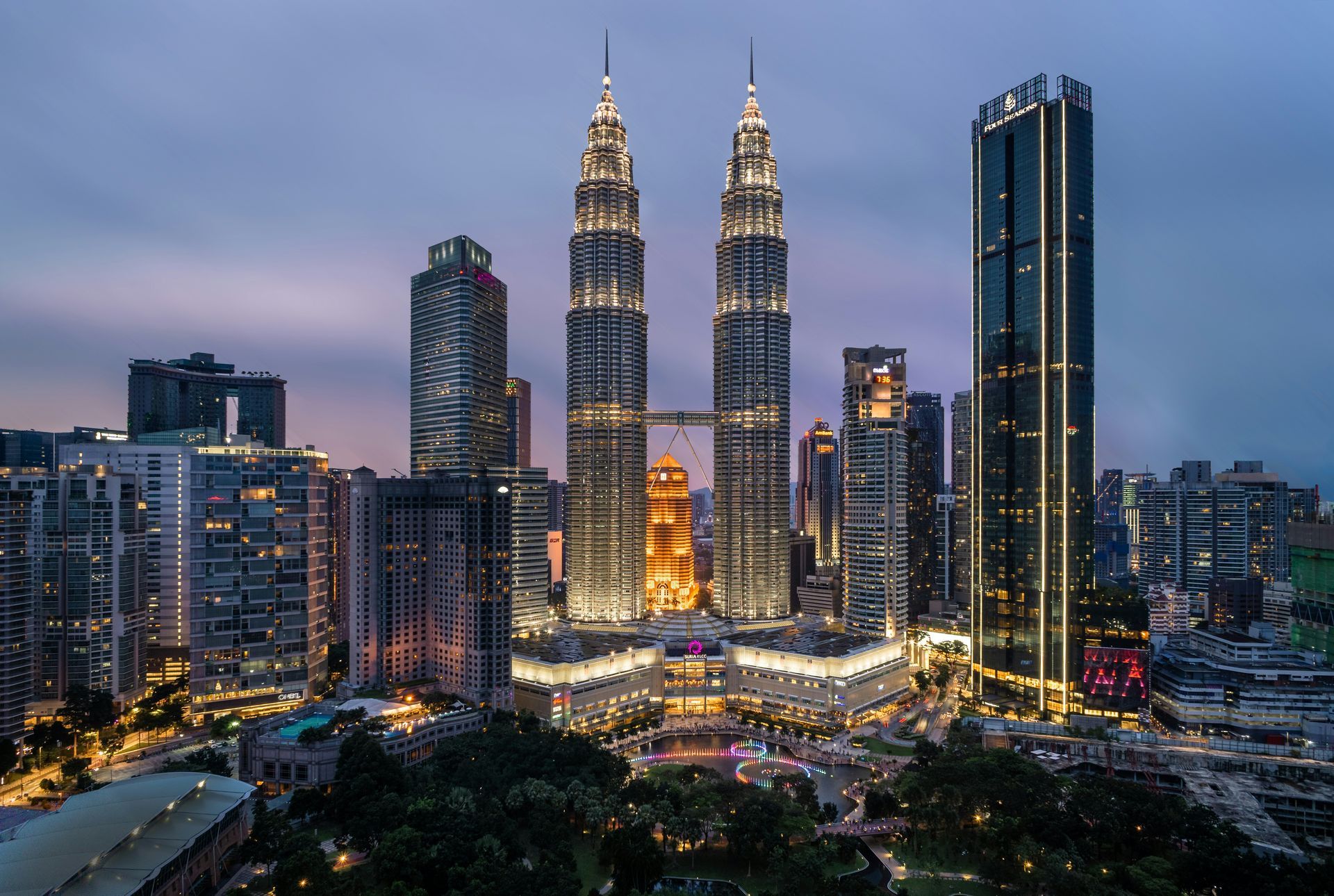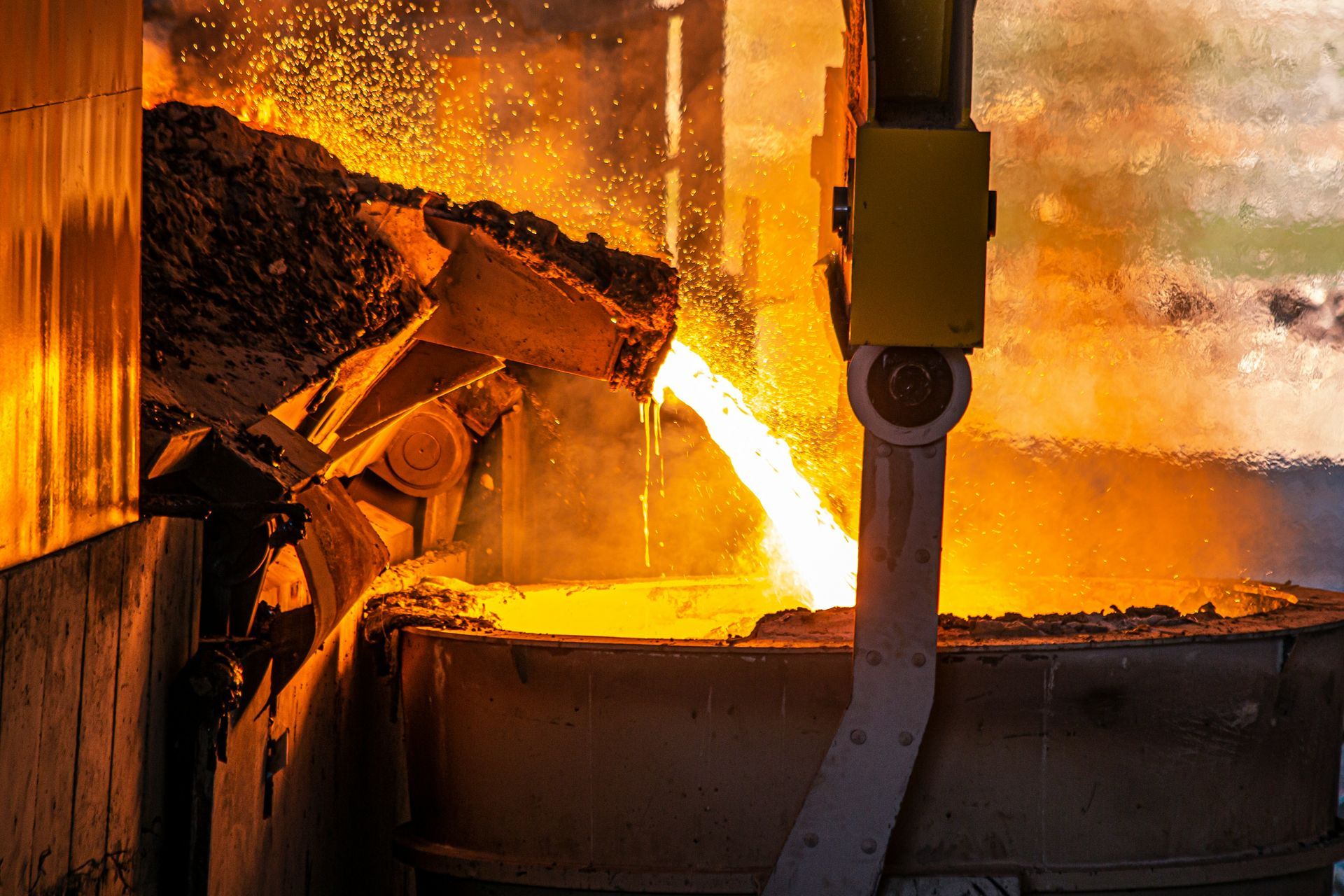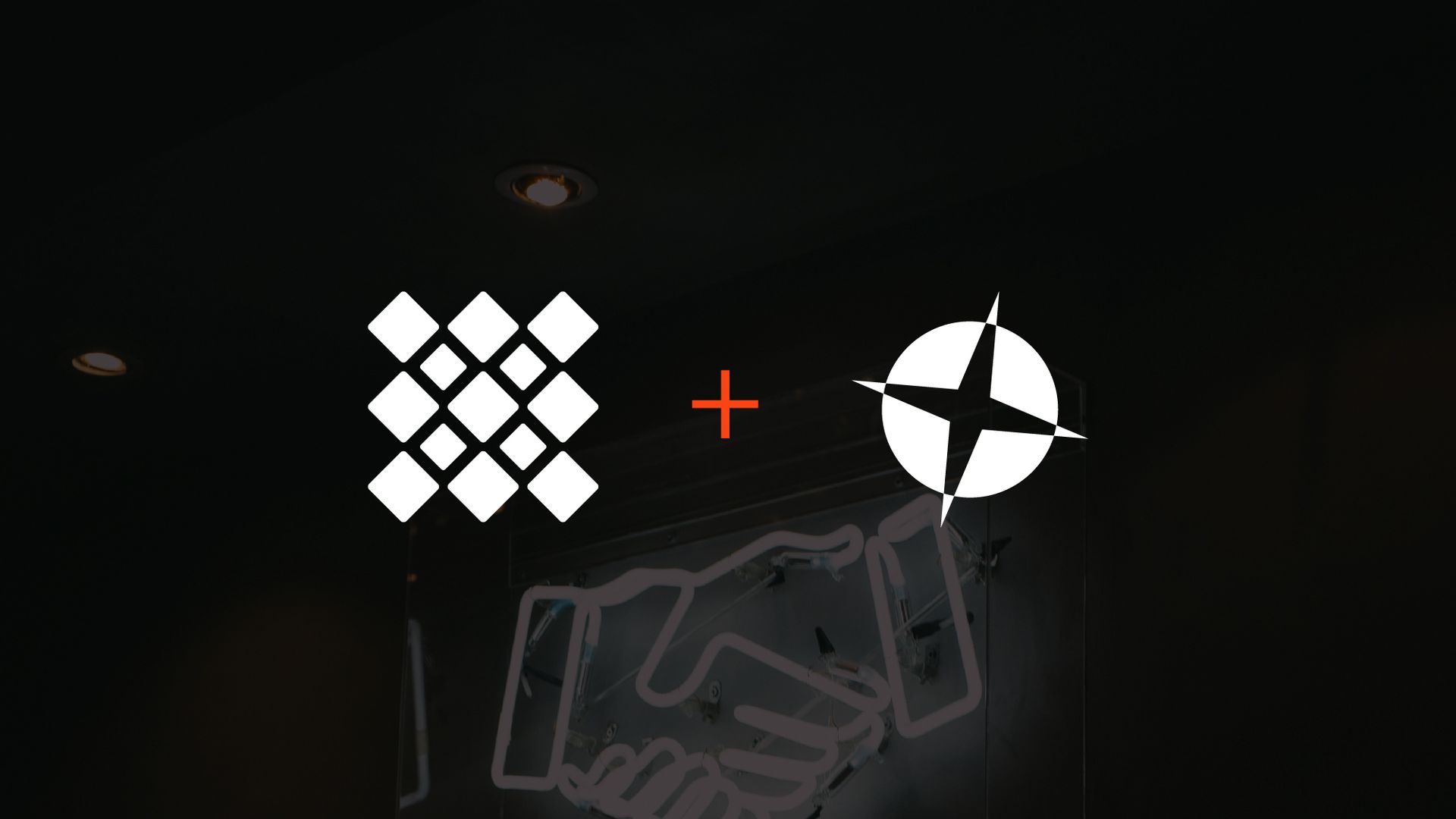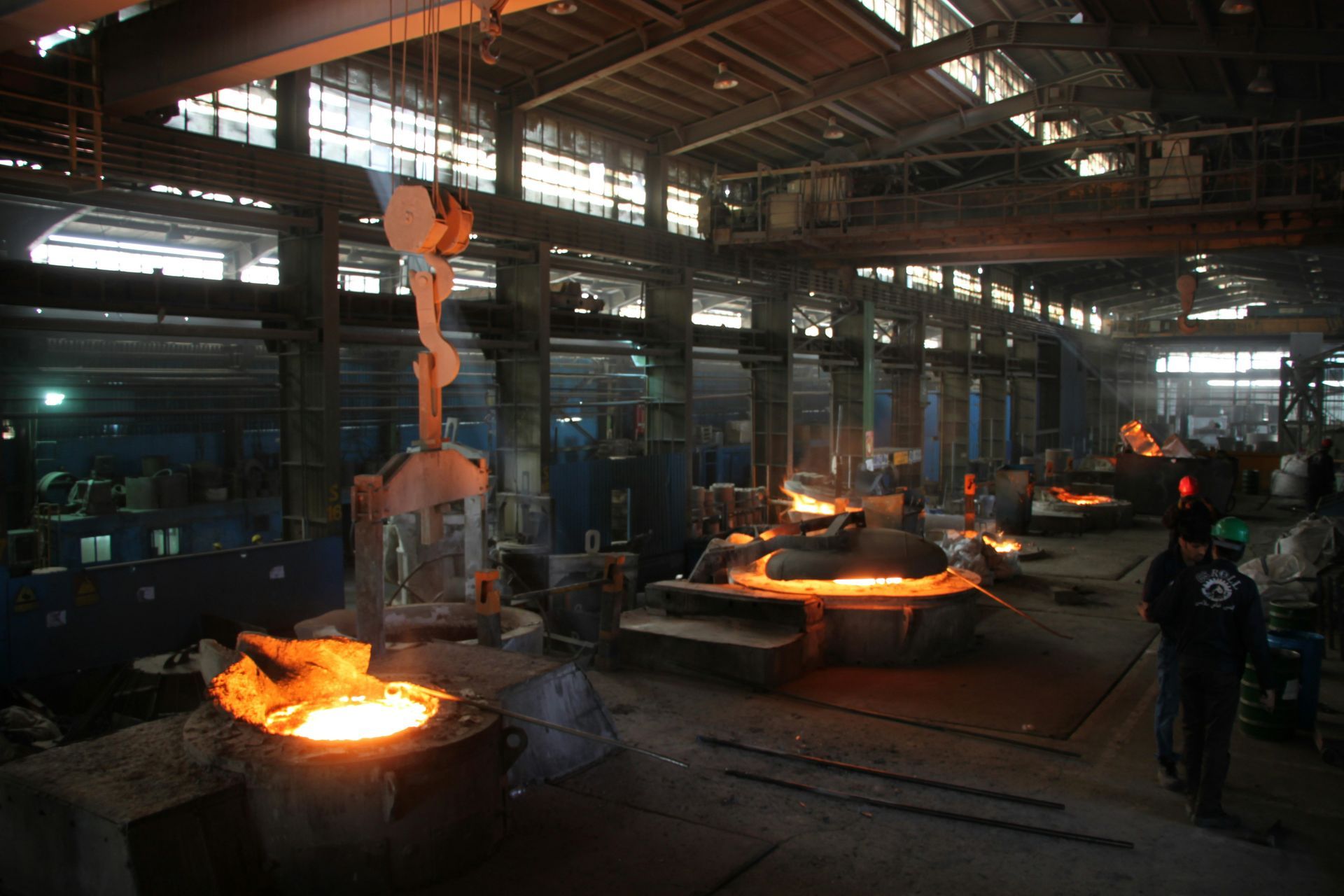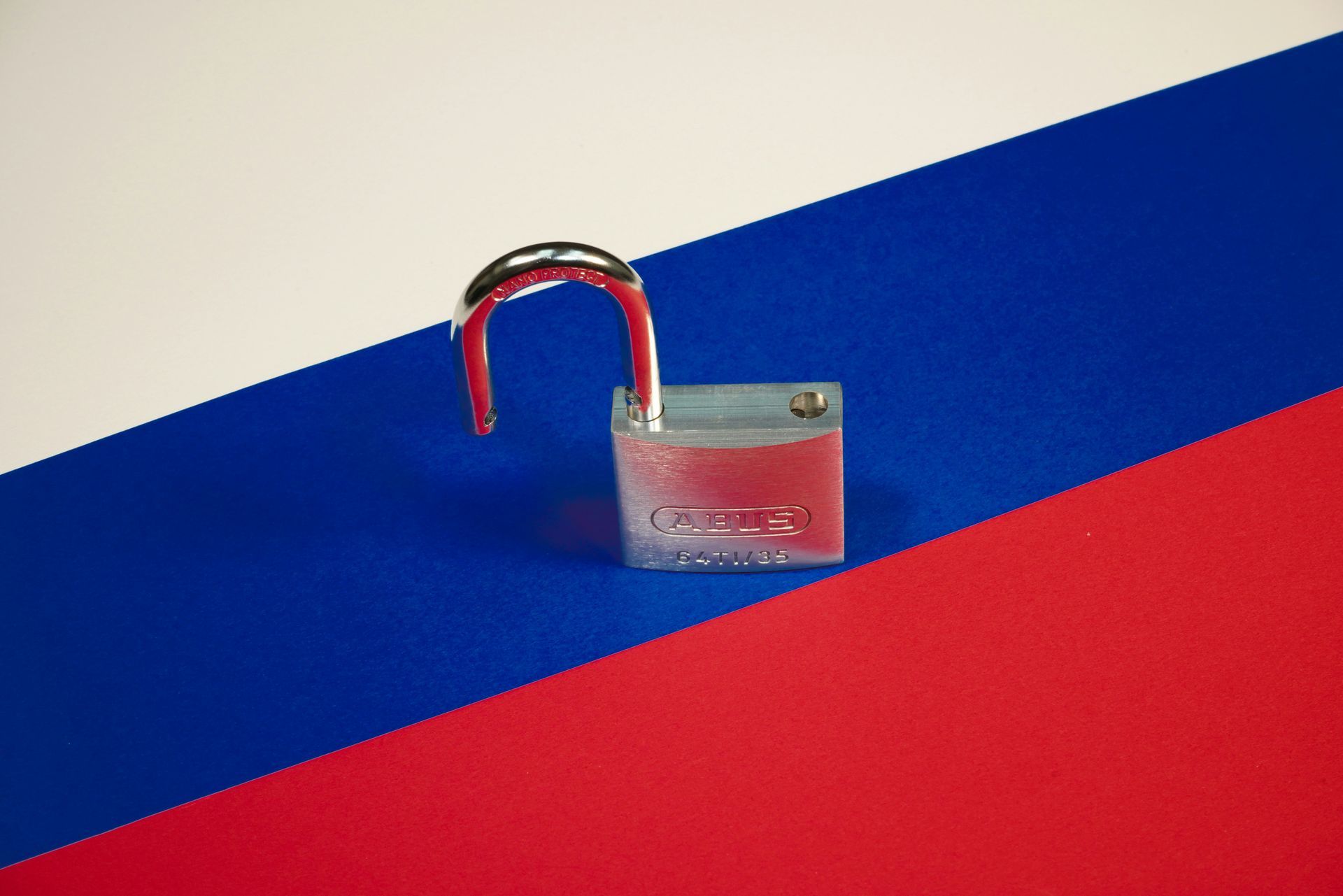
Russia remains under heavy sanctions from the U.S., EU, and other allies because of its invasion of Ukraine. These measures aim to cut Moscow off from the advanced technology and equipment it needs to sustain its defense and industrial base. Yet Russian companies continue to source critical goods by moving them through third countries.
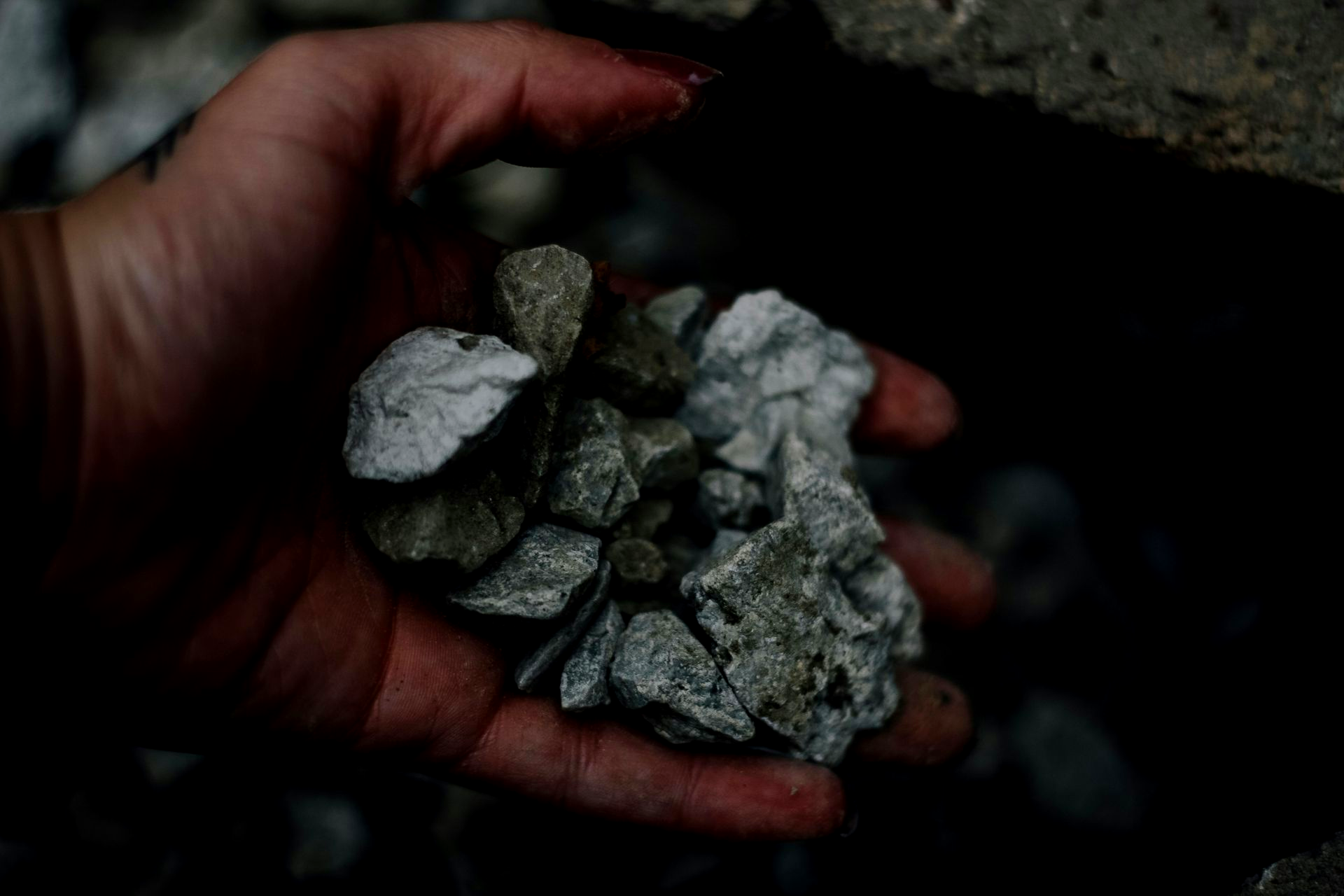
In April 2025, Evidencity's Project Tantalus identified East Rise Corporation, a Hong Kong–registered trader, as part of a network linking a major refiner in Kazakhstan to dubious mining operations in the DRC & Rwanda. In August 2025, OFAC sanctioned East Rise, along with CDMC, a major local actor in tantalum mining.
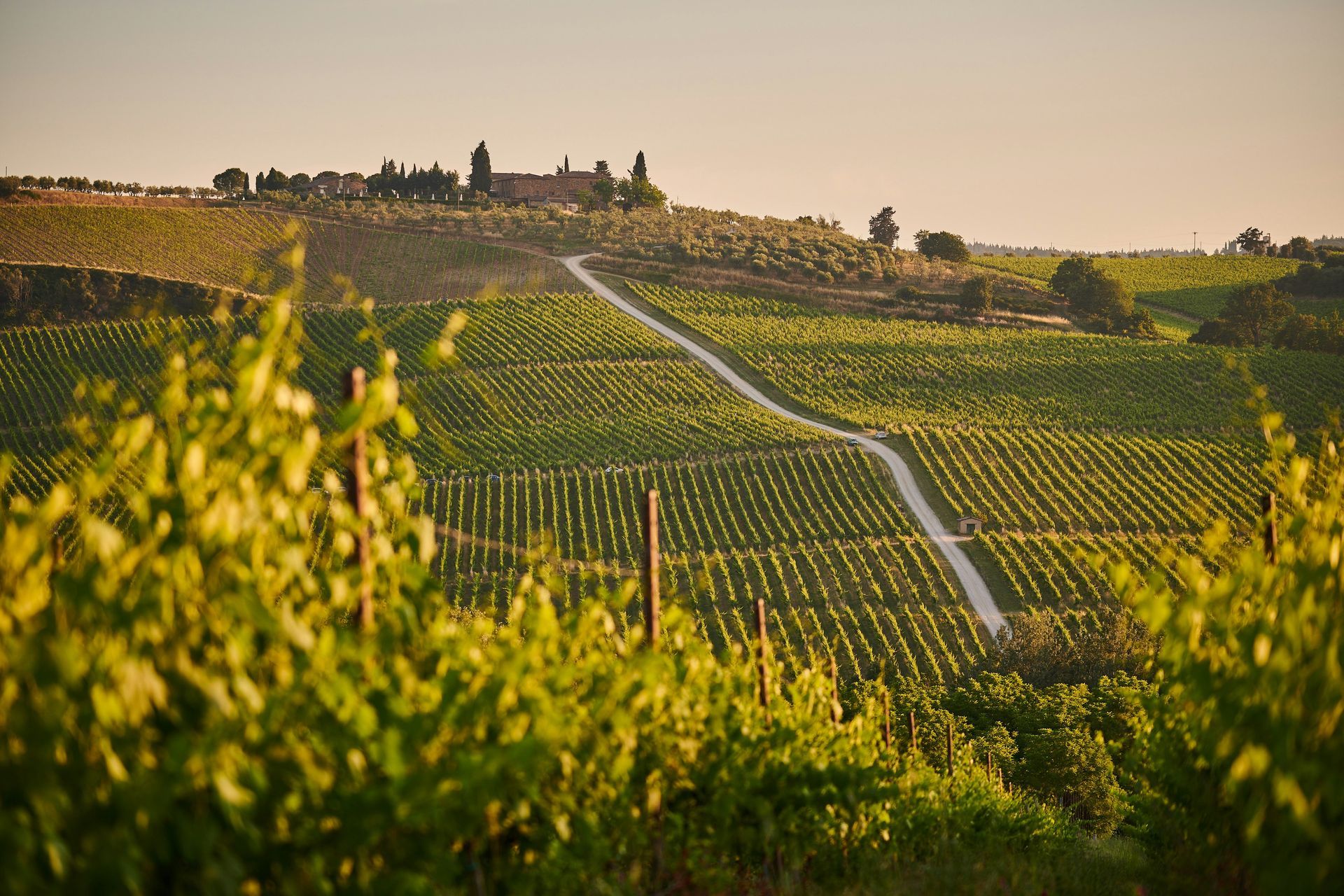
In July 2025, a French court in Châlons-en-Champagne delivered a landmark ruling in a case that drew attention far beyond the borders of France. Three employees of a labor-supply firm called Anavim were convicted of human trafficking in connection with the exploitation of dozens of seasonal workers.
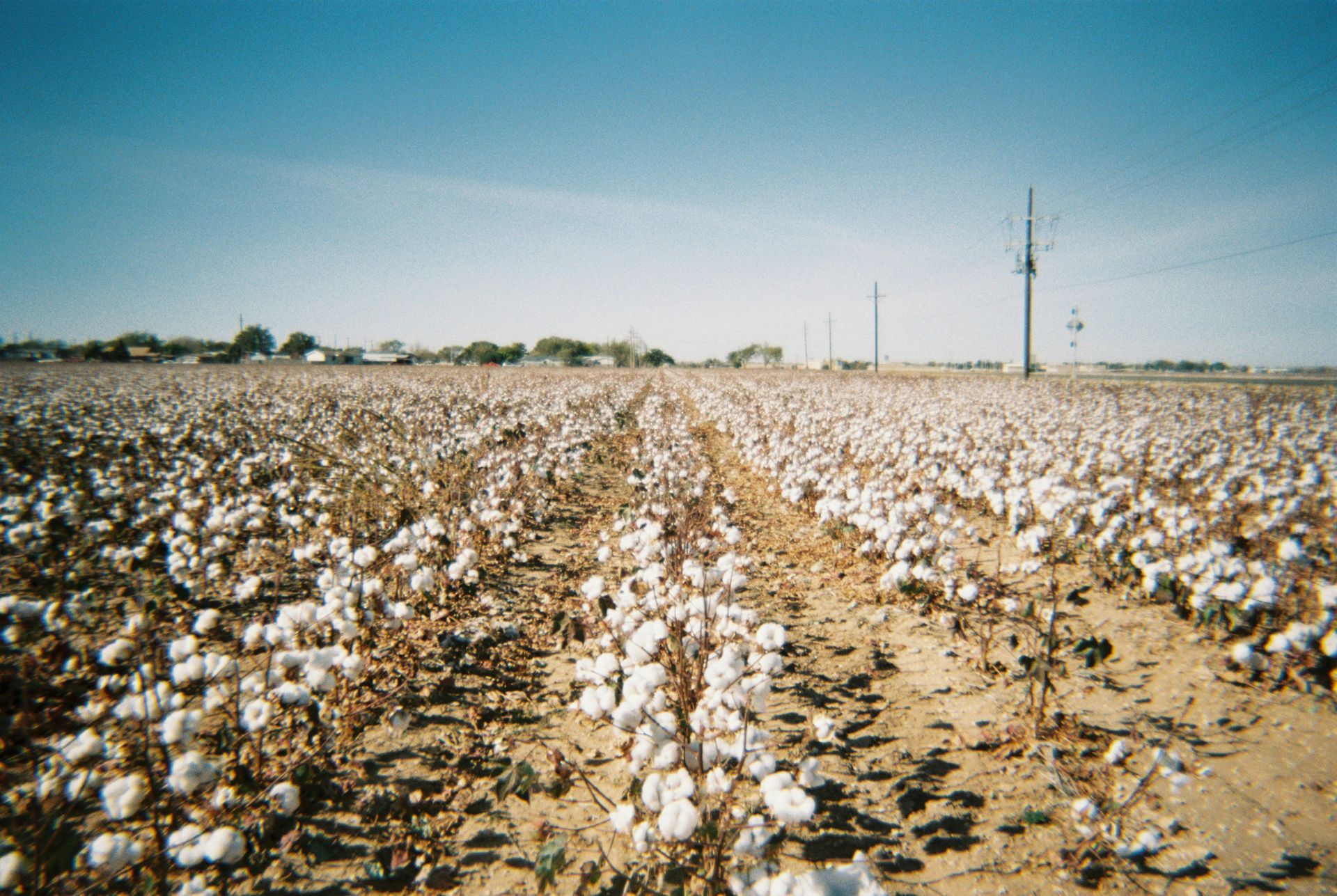
Forced labor in the cotton supply chain has emerged as a major compliance and reputational risk for global companies since 2020. Investigations and regulatory actions have exposed serious abuses in cotton cultivation, yarn and textile production, and garment manufacturing. The issue is no longer confined to isolated regions or factories — it is systemic, spanning countries and processes, and has triggered new legal liabilities, customs enforcement, and supplier scrutiny. High-risk regions Forced labor risks begin at the very first stage of cotton production. In China’s Xinjiang region, which supplies around 20% of the world’s cotton , evidence shows that Uyghur and other minority citizens have been subjected to coercive state-run labor transfers, including picking cotton and working in ginning and textile facilities. Entities such as the Xinjiang Production and Construction Corps (XPCC) have been sanctioned by the U.S. for using prison labor in cotton farming and processing. In India , forced labor risks are most pronounced in the spinning stage. In Tamil Nadu, a 2021 investigation by SOMO and Arisa uncovered that dozens of spinning mills employed young migrant women in coercive conditions, including excessive overtime, wage withholding, and confinement in dormitories. Brands including Tesco, Next, Gap, IKEA, Carrefour, and Zeeman were linked to these mills. Tesco and Next acknowledged the problem and committed to remediation efforts. Others denied direct sourcing but could not fully rule out indirect connections.
